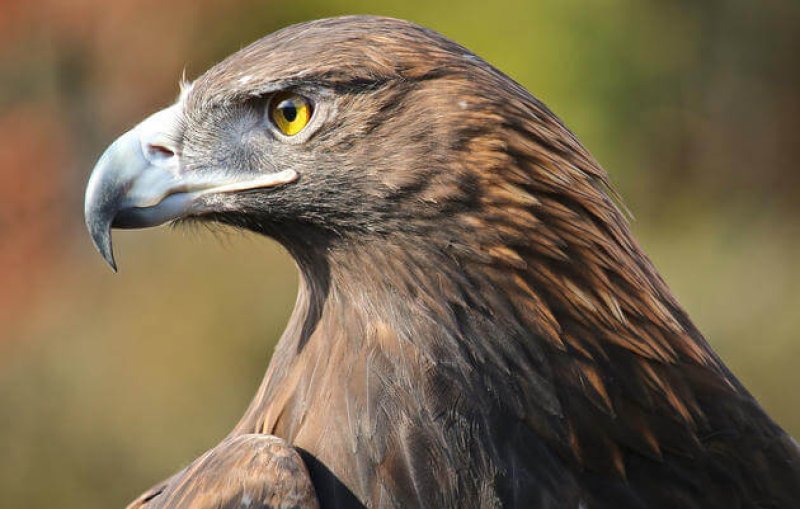Crucially, every single [Carrington’s featherwort] plant found in this secluded Caledonian enclave is male.
…
But hope is at hand for Scotland’s lonely gentlemen featherworts. Next week, [Wellcome Sanger] scientists will announce that they have sequenced the plant’s entire genome, allowing them to assess the genetic health of its colonies and even consider cross-breeding programmes to reinvigorate them.
…
Wellcome Sanger scientists will also declare that they have unravelled the entire complements of genes belonging to a further 24 specimens of British wildlife. These include the golden eagle, the turtle dove and the king scallop, as well as lesser-known species such as the Roesel’s bush cricket and the northern February red stonefly.
Cutting-edge science should bring significant benefits to these species which in many cases are under threat from climate change, invading predators and loss of habitat. An example is provided by information about the golden eagle’s genome, which should help conservationists pick healthy pairs when planning reintroductions of birds – as in a programme being considered for southern Scotland.
“We started the 25 Genomes Project as part of our celebrations for the Sanger centre’s 25th birthday, which is later this year,” said Julia Wilson, the institute’s associate director. “We decided to show what sequencing could do, not just for human health, but for the wellbeing of wildlife across the country.”
Read full, original post: How genome study can save otters, eagles and lonely featherworts































